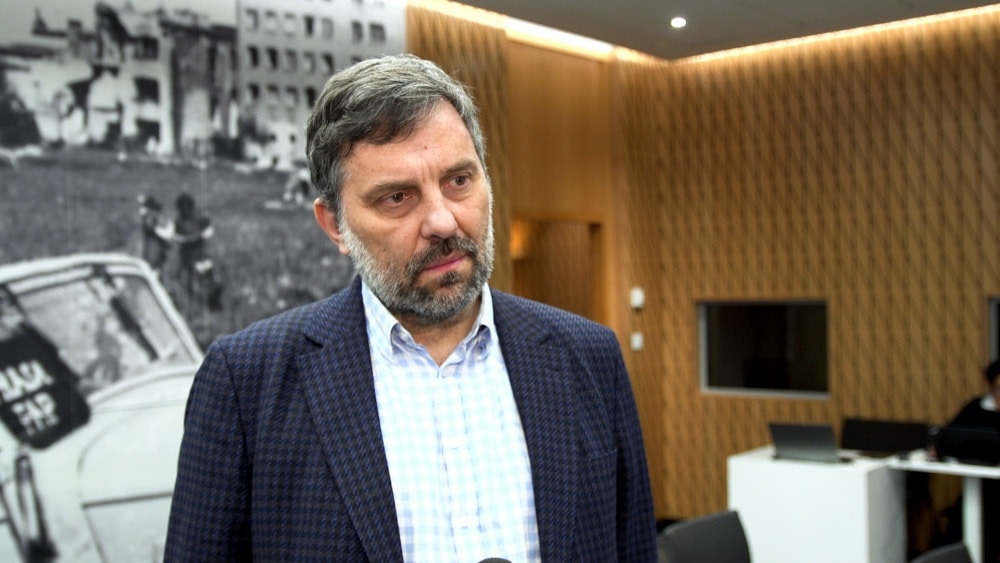“Regulating housing issues as part of migration policy should be a major challenge for the state,” believes Dr. Mariusz Kowalski from the Eastern Europe Studies at the University of Warsaw. This is particularly important as the employers’ needs to hire foreigners will increase over the next few years. Housing is a crucial aspect for foreigners coming to Poland for work. Almost half have found a place to stay with the help of an employer or employment agency, and they appreciate this assistance. Immigrants see workers’ lodgings as a temporary solution.
In Poland, there are 1.128 million registered foreign workers in the Social Insurance Institution (ZUS) – this is the conclusion from a survey conducted by EWL Group, RentLito, and the Eastern Europe Studies at the University of Warsaw. Among them, 759,000 are Ukrainian citizens, and 129,000 are from Belarus. These numbers are continually increasing. In 2023 alone, the number of foreigners in ZUS increased by almost 64,500, an increase of 6.1% compared to 2022. Experts in economics and labor market stress that the need for hiring foreigners will increase in the near future due to demographic trends. Here arises the issue related to housing for people coming to work in Poland.
“Housing issues are very important and should be a part of migration policy because whether we manage to attract the right number of migrant workers to Poland largely depends also on the housing market – whether these people will have a place to live, what the housing prices will be and whether the housing will be comfortable enough for them,” says Dr. Kowalski from the University of Warsaw.
The state’s serious task is to regulate matters related to accommodating people coming to Poland for employment purposes.
“In workers’ construction industry, we can think of ways to influence the market through tax incentives for investors who want to build these workers’ hotels, or similarly influence other investors who could more easily build such accommodations and later make them available to foreign workers,” says the expert.
The employees’ accommodations market is estimated at about 180-350 thousand beds in permanent or seasonal properties. This definition includes workers’ hotels and premises built for this purpose. It is more difficult to classify apartments and houses for long-term rental. Some of them are used as workers’ accommodations, so they are part of the market under analysis. The report’s authors estimate that the demand for such premises is submitted by about 330-520 thousand people.
Importantly, nearly three-quarters of foreigners employed in our country see workers’ lodgings as a temporary solution at the initial stage of employment in Poland. As their stay extends and their sense of job stability increases, migrants strive to find their own apartment. 42% of foreigners working in Poland live in blocks of flats and tenement houses, which is essential from the point of view of social integration of immigrants. Every third person declares accommodation in a workers’ hotel. Experts expect that this indicator will decline year on year. The projected trend is linked to the increasingly deeper adaptation of foreigners to our job market.
According to the report, 47% of immigrants have used the help of an employer or employment agency in finding accommodation in Poland.
“This shows that at the start, they do not have to look for accommodation, the employer provides it for them, and this is a crucial factor attracting workers to our country,” explains the expert from the University of Warsaw’s Eastern Europe Studies. “When Poles emigrated abroad, they were also caught in the same dilemma, often first looking for accommodations, then seeking employment. I see this as a very similar problem here. It’s difficult to think about work if you have nowhere to live.”
The report’s authors emphasize that a place to stay offering a sense of safety and stability is a key factor for foreigners when deciding to take up work. The survey results show that almost half of the immigrants (43%) look for accommodation first and then seek employment in the vicinity. They consider the quality of accommodation and the distance from the workplace.
Given the growing needs of the Polish economy and the observed demographic decline, which will be felt in the coming years and decades, one can expect a significant shortage in the labor market. Of course, it is also noticeable today. The influx of foreign workers is suggested as a form of filling in the gaps.
“Several hundred thousand jobs are vacated every year in Poland due to the demographic crisis. The upcoming age cohorts are not as numerous as the previous ones, so we save ourselves with an influx of foreign workers. Without these workers, the economic growth we currently observe in Poland could not be maintained,” sums up Dr Mariusz Kowalski.
Another issue is that about 1/5 of foreigners are not satisfied with the standards of their accommodation. This means that it is necessary to improve and adapt the offered living conditions to the expectations of people coming to our country from abroad. 68% of immigrants working in Poland assess the standard of accommodation in our country as average, and 13% as high.
